The online gambling market has seen almost exponential growth since its humble beginnings in the mid 1990’s. Online casino games and slots have had an explosive development since they first hit the internet in the late 1990’s. Where do they go from here and will the current financial situation be a test for the many brands out there?
Since the beginnings of slot machines in the Las Vegas in the 1950’s, where they were initially used to entertain the girlfriends and spouses of the rich gamblers while they spent their money on the roulette and blackjack tables, slots have risen to become the main source of income for casinos worldwide, both offline and online. In online casinos, slot games account for more than 80% of income.
When the gambling industry first went online it was not, as many would suspect, the established land based operators that made the move. It was in fact young entrepreneurs who saw the possibility and grabbed it with both hands. Today you can find all kinds of online casino games, from the classic single-line slots machine to impressive 3D poker rooms, and even see live dealers on the roulette table as if you were in a real casino.
With so many markets suffering a sort of domino effect from the busting of the housing bubble, and with the horizon not looking very positive, how will the online gambling industry be impacted? With ever-increasing levels of debt, obviously there will be less players willing to risk their valued savings, and those fortunate enough to still have surplus cash to spend will have less of it.
Online gambling is often frowned upon by mainstream commentators and analysts, but, in practical terms, gambling on the Internet does not differ much from speculating in the stock market, bond market, derivatives market or other financial markets. It can be argued that online gambling is in fact less dangerous than other forms of financial speculation, as it only affects the speculator (gambler) and, possibly, his family, but not the larger economy. Irresponsible gamblers seeking to make a quick profit would be better off playing casino games than trading credit default swaps and other risky derivatives that are tearing down the world economy.
While the banking sector, real estate, automakers and other markets are experiencing grave difficulties, the online gambling market is surviving so far. The financial crisis will decrease the number of online gamblers playing in their spare time for leisure reasons, but at the same time, sadly, it will increase the amount of players desperate to make a buck in these difficult times. Driven by the slim chance of winning a fortune, some regular gamblers will go beyond their usual gambling expenditure and will bet more than they can afford, while some new players will gamble their hard-earned cash away in the hopes of being able to alleviate their financial situation in the face of unsurmountable debt.
It is indeed a sad situation when online casinos and gambling sites will benefit from those who can not really afford it, but it is also a cold, hard reality that should not be ignored.
What the future of the online gambling industry will be like is uncertain (as with most other markets), but the rapid growth that we have seen in this sector over the last 10 years will undoubltely slow down — that much is certain. Many of the smaller companies will probably merge with or be absorbed by bigger companies and new games will not be launched that often. But in the end this is one of the newer businesses that will likely survive the current credit crunch and ensuing financial crisis.
By Afshin Ertanin
Afshin Ertanin is the manager of La Isla Casino, a licensed online casino owned and operated by Hailwood Gaming Ltd which also owns and operates MegaKings.Com Internet casino. Both casinos run on Playtech software and offer free online casino games, including bingo, poker, and online slots games.

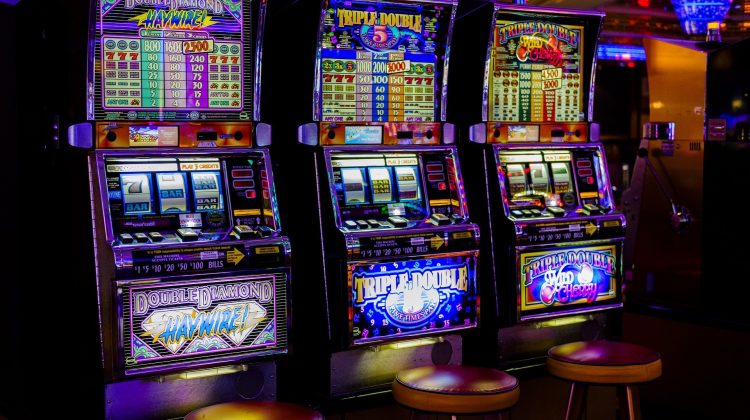

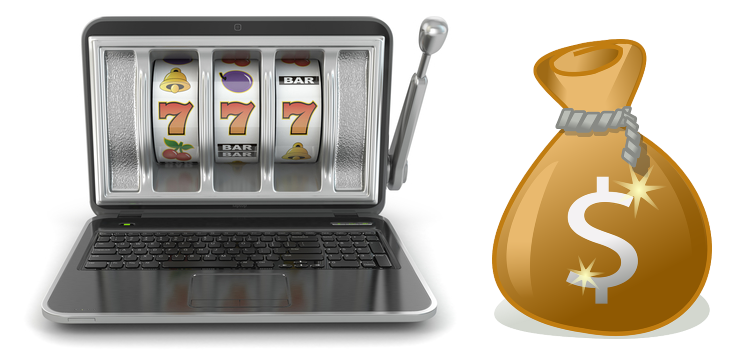




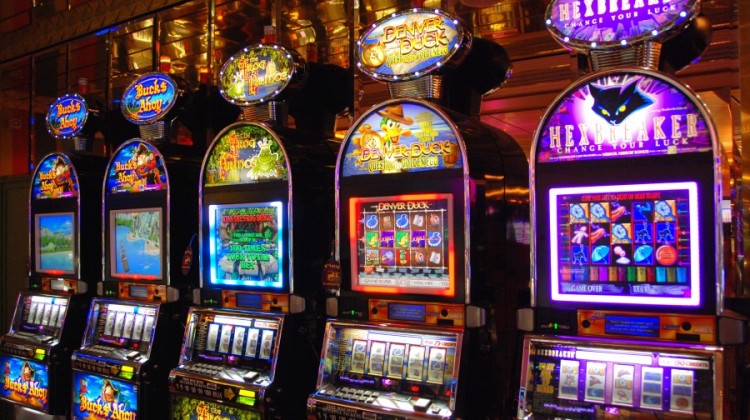
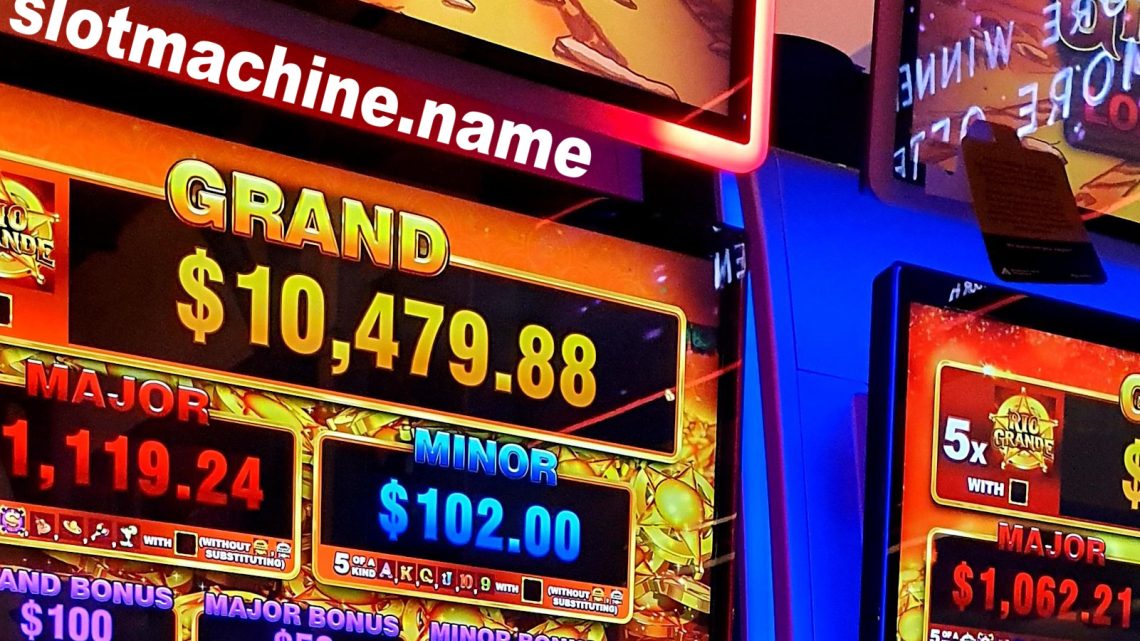
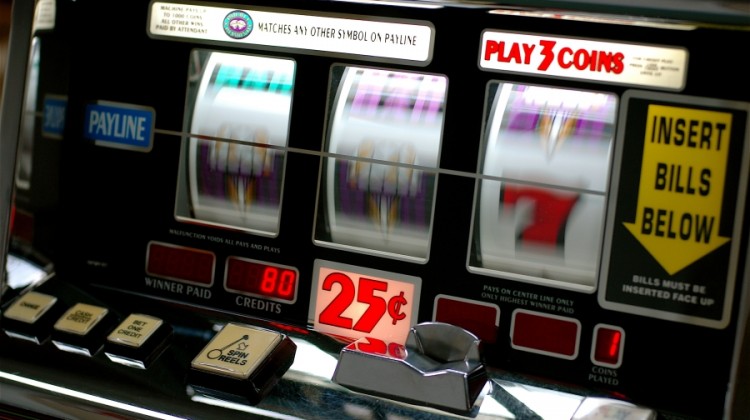
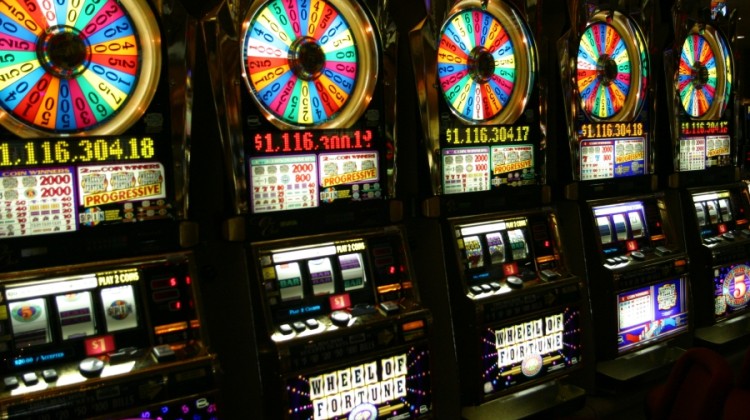

No Comment